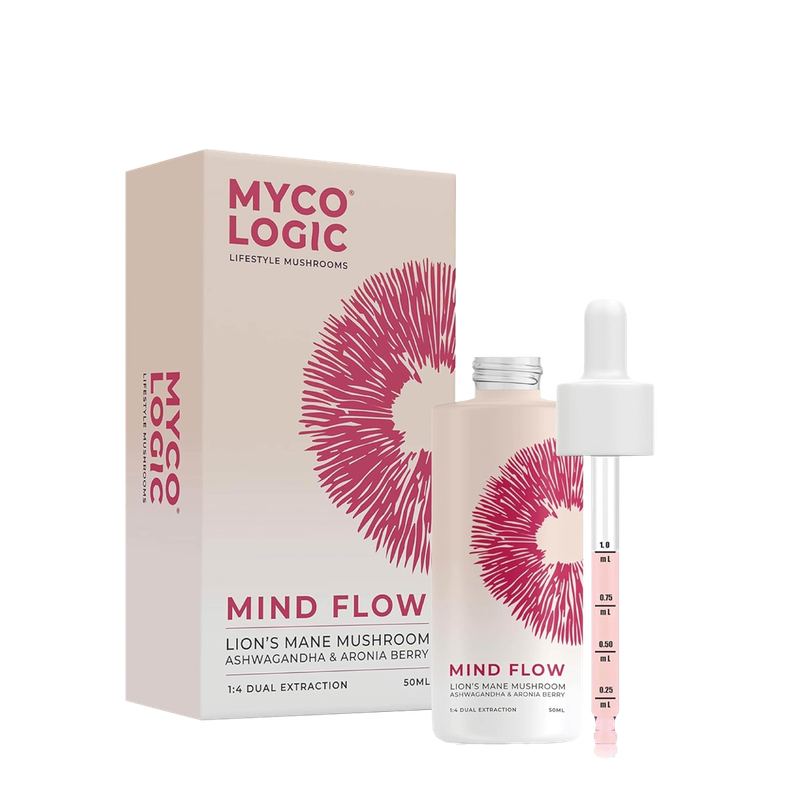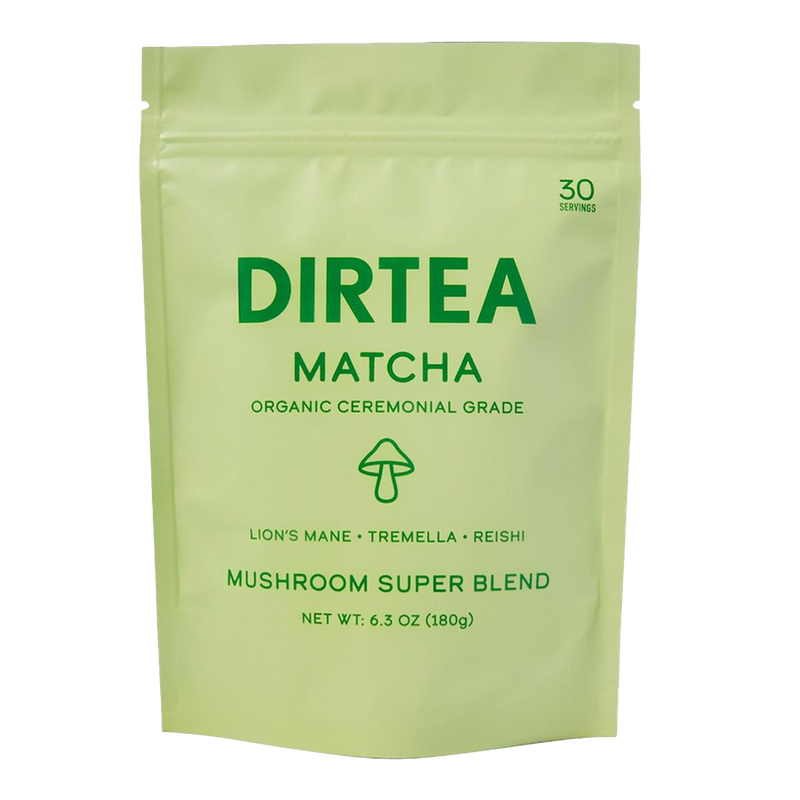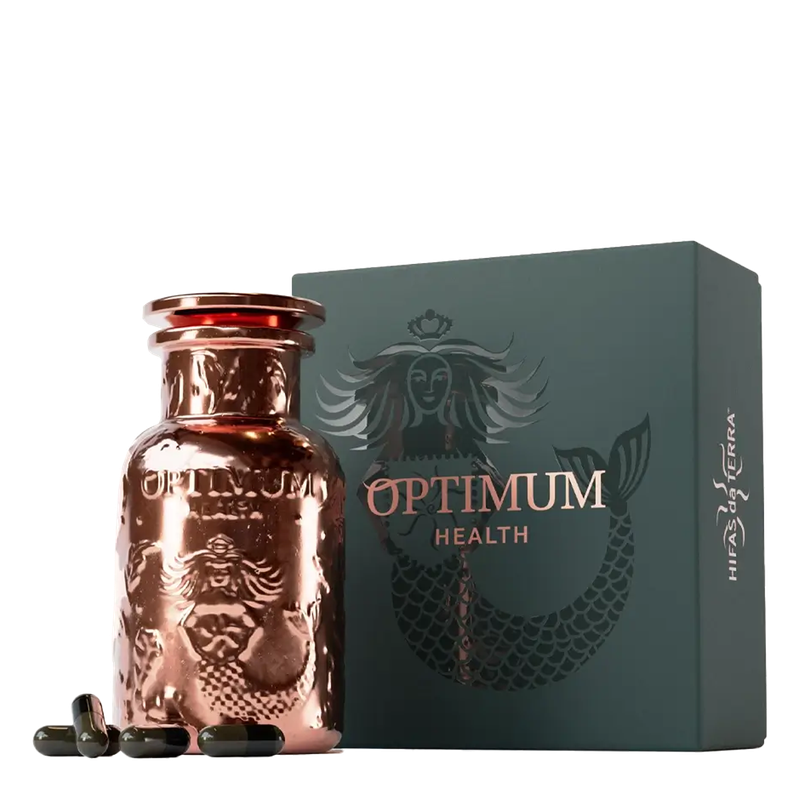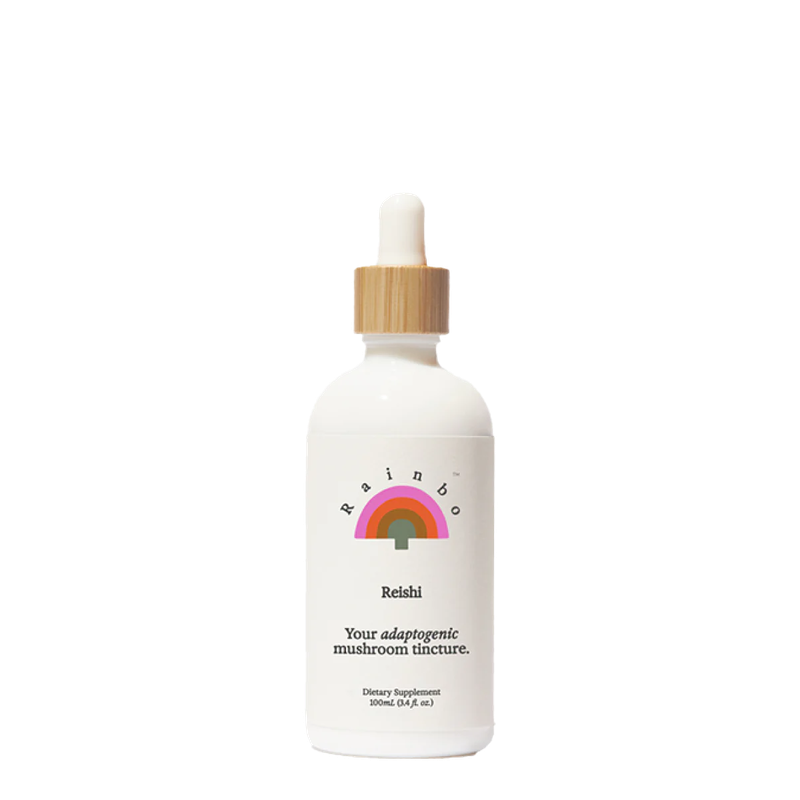A Beginner’s Guide To Functional Mushrooms
Why is everyone getting excited about mushrooms?
“Mushrooms are rich in nutrients like vitamins, minerals and antioxidants, which contribute to their health benefits,” says Carlton Roach, founder of Variety Mode. “They existed before us, even before trees were common. They are nature’s best kept secret.” No wonder the use of mushrooms in the wellness industry is growing. “The rise of functional mushrooms in health and wellness isn't just hype, it's a sustainable trend,” says Andy Daly, nutritionist at Dr David Jack. “These mushrooms are embraced by an increasingly health-conscious consumer base. They signify a shift towards heightened health consciousness and mindful consumption. I think it is fair to say that functional mushrooms are a lasting fixture in the health and wellness landscape.”
What are functional mushrooms?
These are varieties of mushrooms that have health benefits beyond just what they offer nutritionally. “Functional foods contain bioactive compounds that can positively impact the body's functioning by improving immune function, reducing inflammation and generally supporting overall wellness,” says Andy. Usually this means they have adaptogenic properties and other health benefits that include immune support and cognitive health. “Functional mushrooms are known to contain bioactive compounds like beta-glucans, triterpenes, polyphenols and other unique compounds with antioxidants that may support a healthy immune system, brain function and energy production,” explains Andrew Salter, co-founder of DIRTEA.
What is meant by ‘adaptogenic’?
“Adaptogens are natural plant compounds that help a person adapt to various environmental stressors, making them more resilient and energetic,” says Andy. “Unlike pharmaceutical drugs, adaptogens don't target specific pathways, instead, they support the body's ability to adapt and activate its innate healing mechanisms. By stabilising and optimising physiological functions, adaptogens help the body achieve homeostasis and balance.”
How strong is the evidence behind them?
Despite the growing ‘shroom boom’, experts in the medical community are still cautious about linking mushrooms to the treatment of serious diseases. “Health claims about functional mushrooms lack robust clinical evidence,” says Andy. “Large-scale clinical trials are needed to confirm their health effects and to better understand the optimal dosages and formulations.” Despite this, there is some cause for optimism, not least because human cell tests that have been carried out on mushrooms provide a good starting point, and because of the potential for them to support health and wellness routines if not from a medical perspective, then from a therapeutic position. “It's important to approach mushroom health claims with a critical eye, but research suggests they offer promising benefits worth exploring further,” adds Carlton.
How quickly should you expect to feel the effects?
“Some people experience immediate benefits, but their effects are also cumulative, so it is best to consume a mushroom supplement consistently over several weeks to experience results,” advises Andrew. When – and if – you start to feel the effects of mushrooms on your health and wellbeing, one thing that many people relish about them is the steadying influence they have on your body and mind. “What’s brilliant about adaptogens is that they don’t bring you up or down (like coffee or CBD),” says Simon Salter, co-founder of DIRTEA. “Instead, they strengthen your resilience and regulate your body’s systems to be in a state of balance.”
What should you be aware of when using functional mushrooms?
Anyone with an allergy to mushrooms should avoid them altogether, and it’s always worth exercising caution when adding new supplements to your health regime. As with most things, moderation is important so it’s key not to overdo your consumption of functional mushrooms. “While uncommon, excessive consumption of certain mushrooms or mushroom supplements can lead to adverse effects,” says Carlton, although he notes this is only typically seen with psychoactive mushrooms. “Downsides may include allergic reactions, gastrointestinal upset, or interactions with medications.”
If you’re currently taking any medications, consult with your GP or healthcare provider first. Certain medications such as anticoagulants and anti-diabetic medication may be adversely affected when combined with some varieties of mushroom. Although most functional mushrooms are safe for consumption, wild mushrooms are a different story. “Some wild mushrooms can be toxic or poisonous,” says Andy. “It’s important to ensure that the mushrooms being consumed are properly sourced from reputable suppliers to avoid any risk of toxicity.”
Here are three of the most popular functional mushrooms to know about…
Lion’s Mane
Lion’s mane is well known for its neurotrophic properties, which means it has the ability to influence the growth and development of tissues in the body. More specifically, its power to promote the growth of neurons in the brain means that it can support proper brain function. Experts believe it does this by reducing inflammation and protecting neurons from damage. Some studies have even suggested an ability to slow decline in Alzheimer’s patients.
SLMAN picks:


Reishi
Reishi is lauded for its antiviral effects and ability to support the immune system. It’s also believed to have antioxidant properties, which can help inhibit the oxidative damage caused by free radicals. “Reishi also helps the body get into a calm state, and studies show that it can help soothe you and promote healthy sleep,” adds Simon.
SLMAN Picks:


Cordyceps
If you’re into fitness, cordyceps may be a useful addition to your regime as they’re thought to increase production of adenosine triphosphate (ATP), which delivers energy to the muscles. “Cordyceps is often used to provide a smooth, sustained, caffeine-free energy lift and boost athletic performance,” says Andrew. “This mushroom has a compound called cordycepin, which has been shown to upregulate our energy levels.” As well as studies that hint at their ability to boost physical performance, cordyceps are high in antioxidants that are thought to help reduce fatigue. They do this by supporting a normal inflammatory response and lower oxidative stress rates, both of which contribute to feelings of fatigue.
SLMAN Picks:


All products on this page have been selected by our editorial team, however we may make commission on some products.
DISCLAIMER: We endeavour to always credit the correct original source of every image we use. If you think a credit may be incorrect, please contact us at [email protected].


